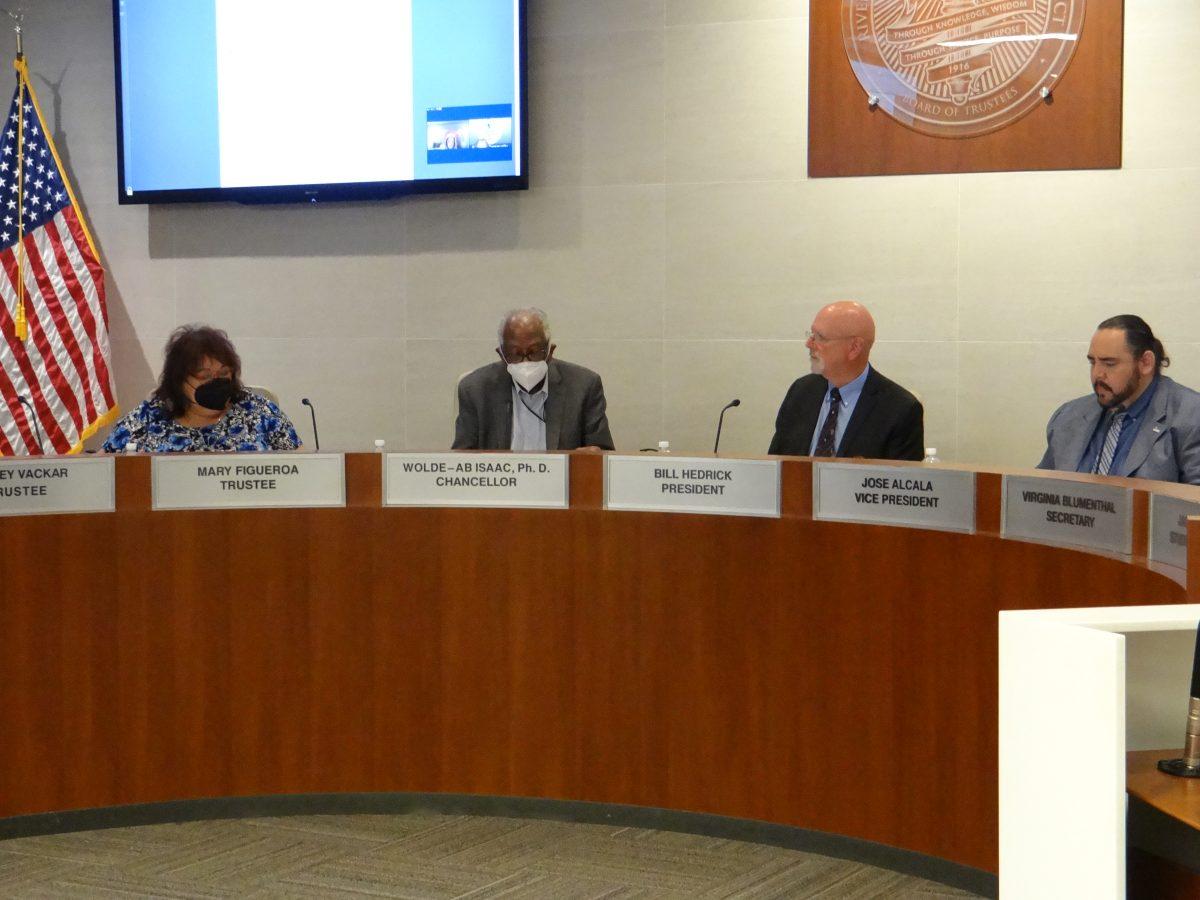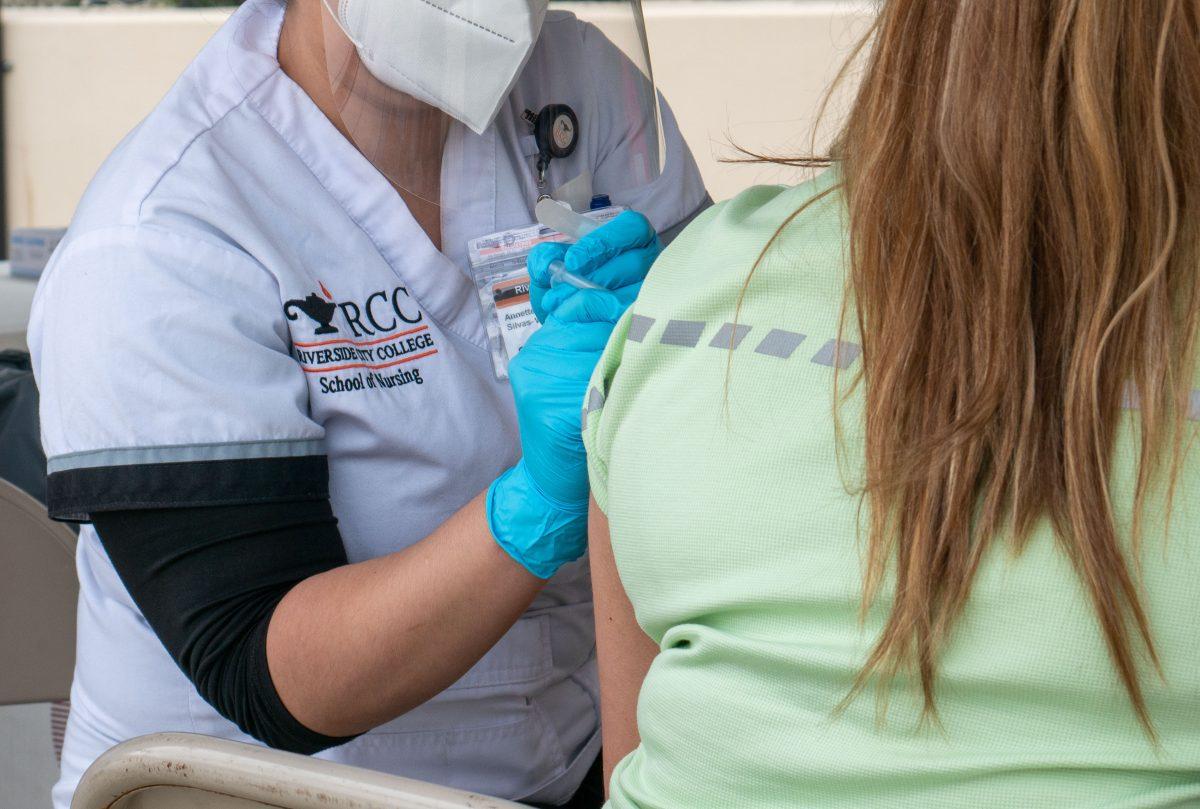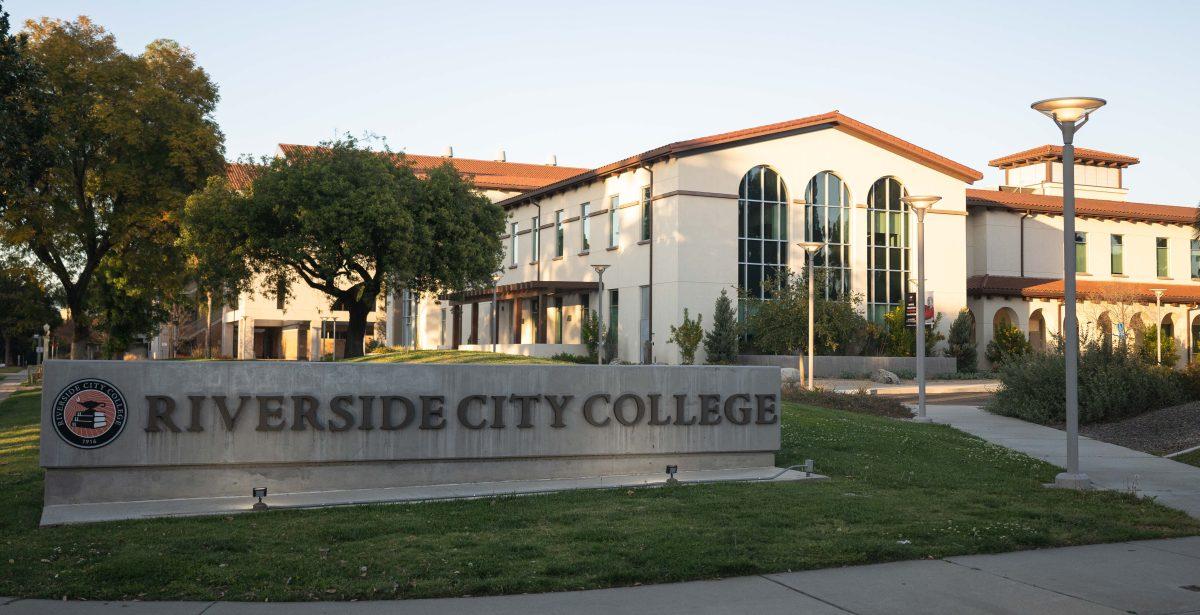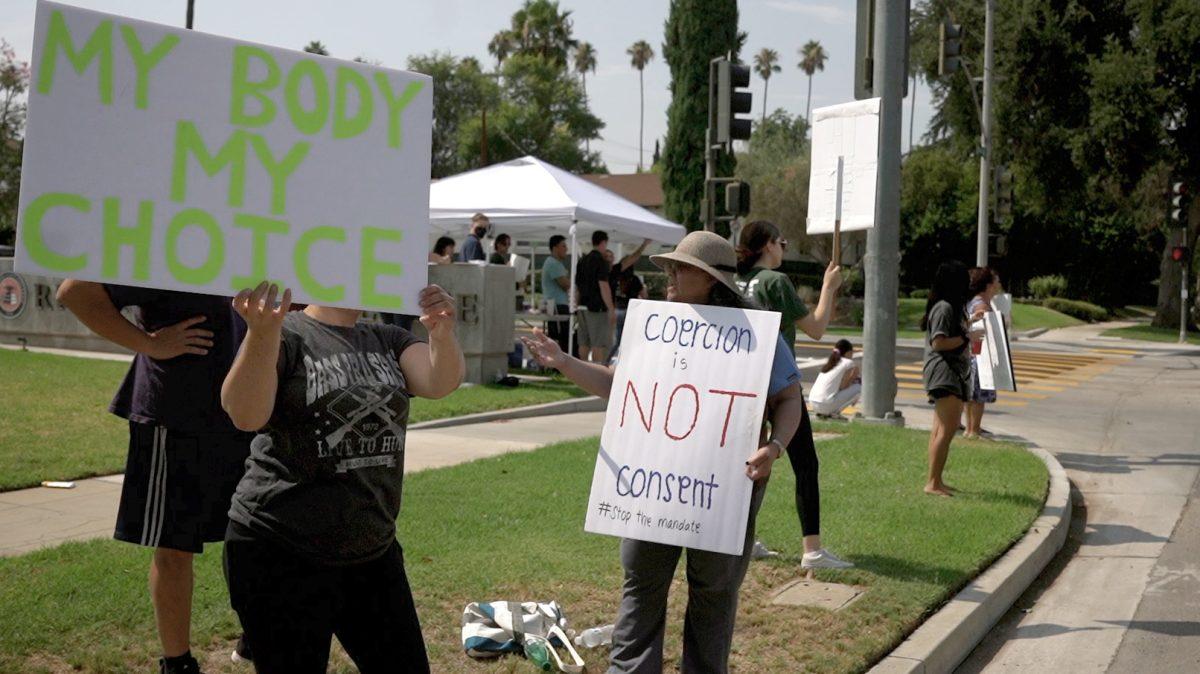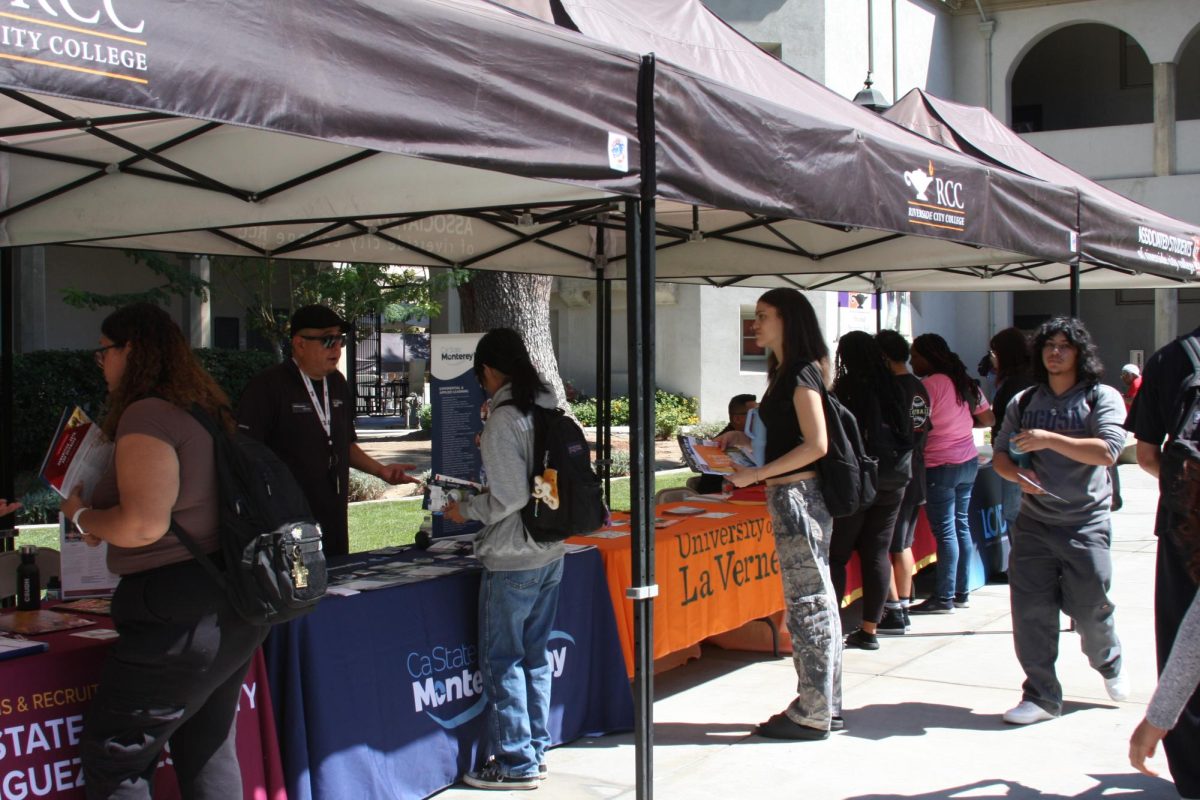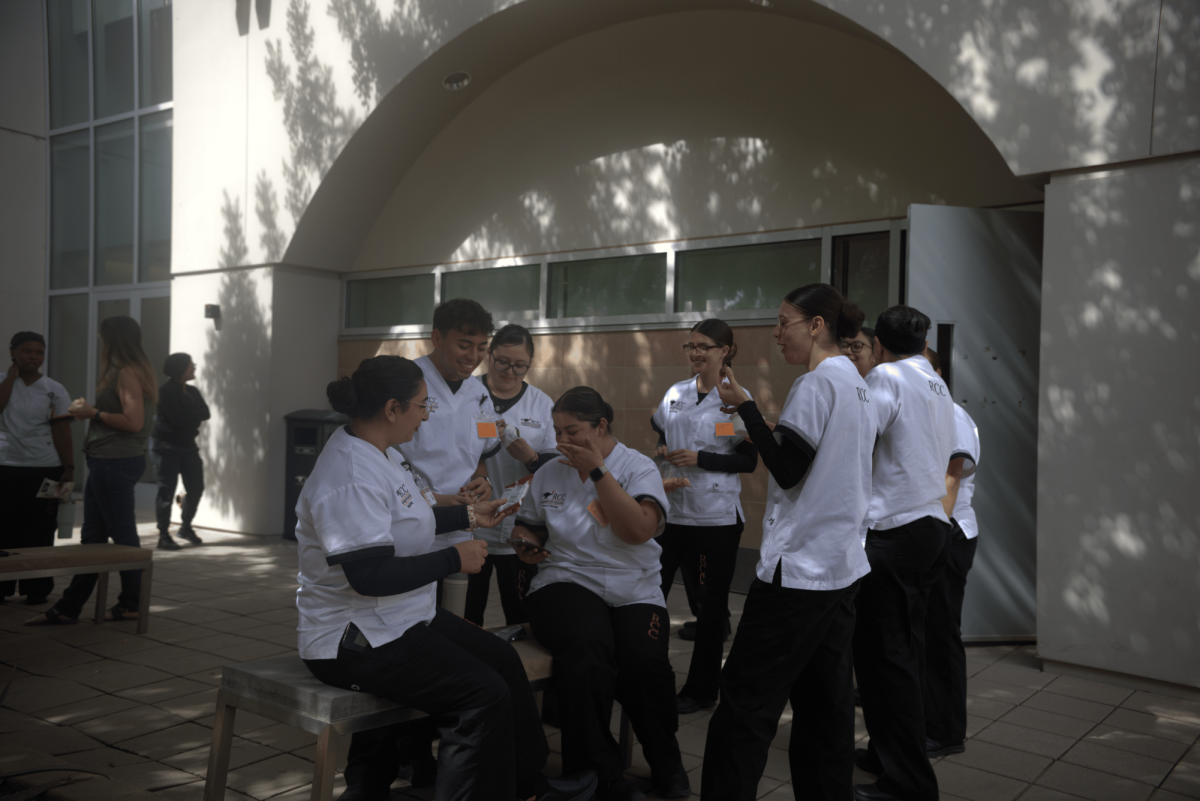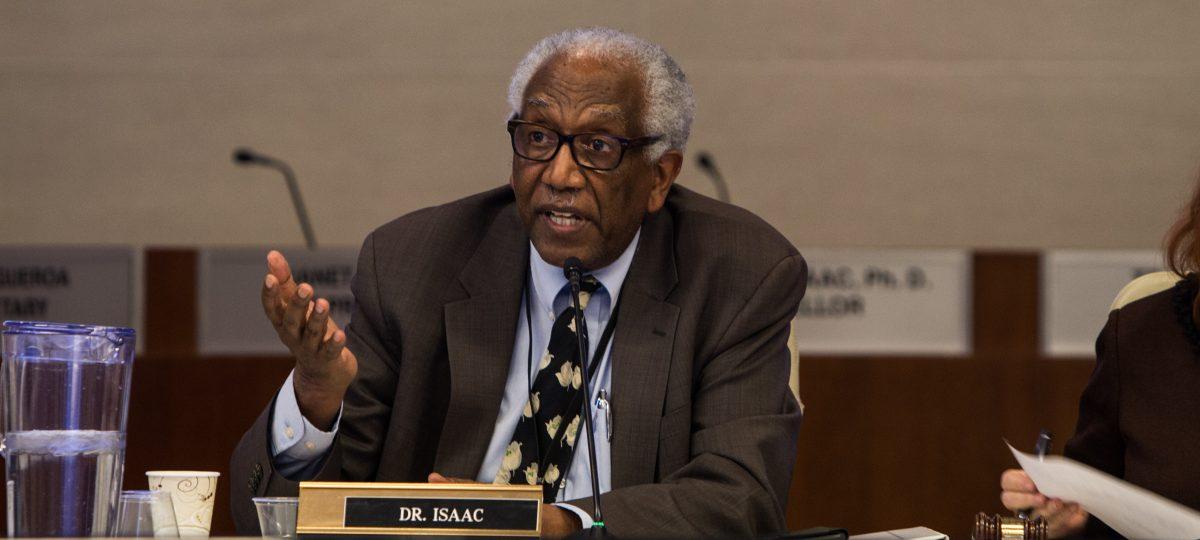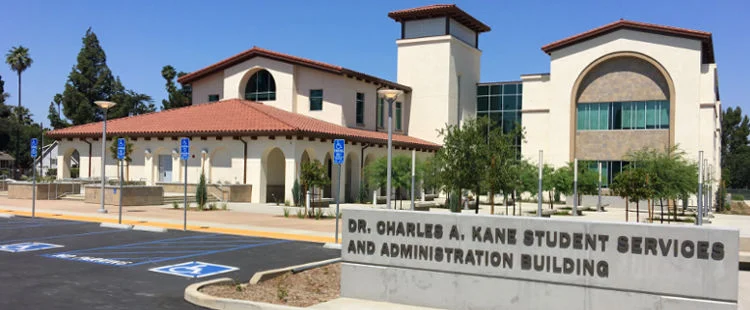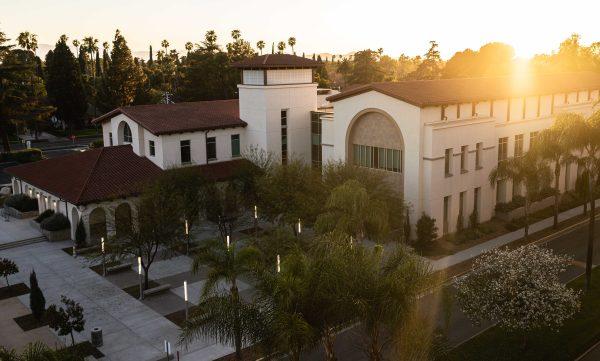
By Daniela Ramirez
A Riverside Community College District town hall May 19 covered Plan B for campus reopenings as it relates to instruction and academic support.
Safe return principles based on current COVID-19 trends, including the decrease in cases and increase in vaccinations, will apply immediately come fall, if the Centers for Disease Control and Prevention guidelines permit schools to reopen.
RCCD’s plan A, announced in March, would offer instruction as it was pre-pandemic: 80% on-campus and 20% online.
Sanitizing stations and cleaning supplies will be available on campus.
Extra curricular activities, events and sports will return with Plan A.
The Board of Trustees passed a resolution May 18 that directed the district to work with the colleges and take necessary actions to prepare for a full return to in-person instruction and operations in the fall.
But Carlos Lopez, Moreno Valley College vice president of Academic Affairs, said the district is looking at the situation realistically.
“We may not have zero restrictions when we come back in the fall,” he said. “We may have distancing requirements that remain in place. As a result of that, all the colleges are in the process of creating backup schedules.”
Back-up plans will be in full effect if plan A is not permitted by CDC guidance.
According to Lopez, 6-foot social distancing requirements may not allow full capacity in classrooms. Observations indicate that capacity is likely to be at less than 50% in Plan B.
In the backup plan, 40-50% of course sections will have an on-campus component. The district is exploring streaming technology for hybrid classes.
Lopez said courses difficult to teach online, such as lab sciences, performance arts, and some career and technical education classes, will continue as scheduled during the spring and summer terms.
Courses may shift, though.
“They may shift to a fully online format or may shift to a hybrid format,” Lopez said. “Some classrooms may change. We might move those hybrid or fully on-campus classes to other classrooms, because they might have a larger capacity, so that we could serve more students.”
In some cases, courses may have to be split into two or three class sections in order to maintain enrollment.
“If a student is enrolled in a class, we don’t want to turn a student away,” Lopez said. “We will find a way to offer that class.”
Samuel Lee, Norco College vice president of Academic Affairs, said library and computer lab resources will continue in limited in-person and online mode in the backup plan.
Safety signage and plexi-barriers will be placed in campus facilities, and entering and exiting buildings will be facilitated by personnel in plan B.
Large events will be moved online and a virtual front desk will be implemented. An app may be provided for student self-checkout.
Reservations for study rooms will continue. Students will also have access to printing commons.
Kristine DiMemmo, Riverside City College interim vice president of Planning and Development, said overtime hours for classified and student workers will be provided in order to ensure students receive as much support as possible.
There will be expansion in remote collaboration using Zoom, Cranium Café, Canvas and more.
“Our goal as a backup plan is to make sure we continue to serve our students in that online environment,” DiMemmo said. “We want to make sure we’re planning for additional resources that support not only the remote learning that we’re finding is very successful, but also supports the on-site learning that we want to provide our students.”
Chancellor Wolde-Ab Isaac said the best strategy to get back on campus safely is for everyone to get vaccinated.
Once the Food and Drug Administration grants full registration to the available COVID-19 vaccines, Isaac said the intent of the district will be to make vaccines mandatory.
“Safety remains the most important consideration for us,” Isaac said. “Safety is not negotiable.”
Vaccines will continue to be provided to all staff and students on all three of the district’s campuses.
The decision about whether or not Plan B will be implemented for the fall semester will be decided by mid-summer this year.

